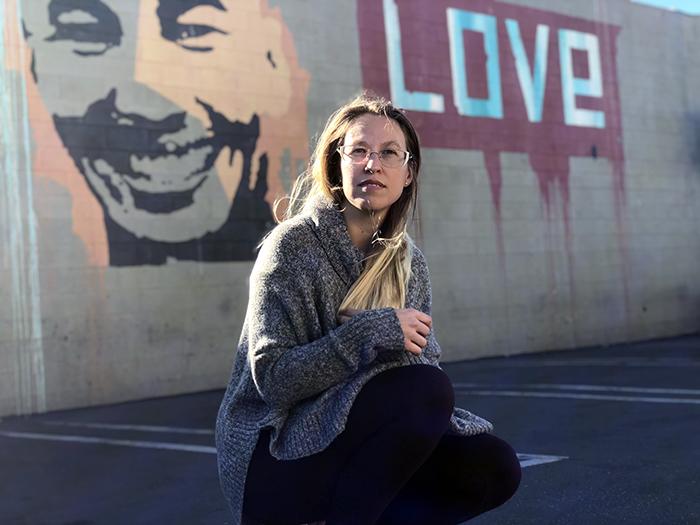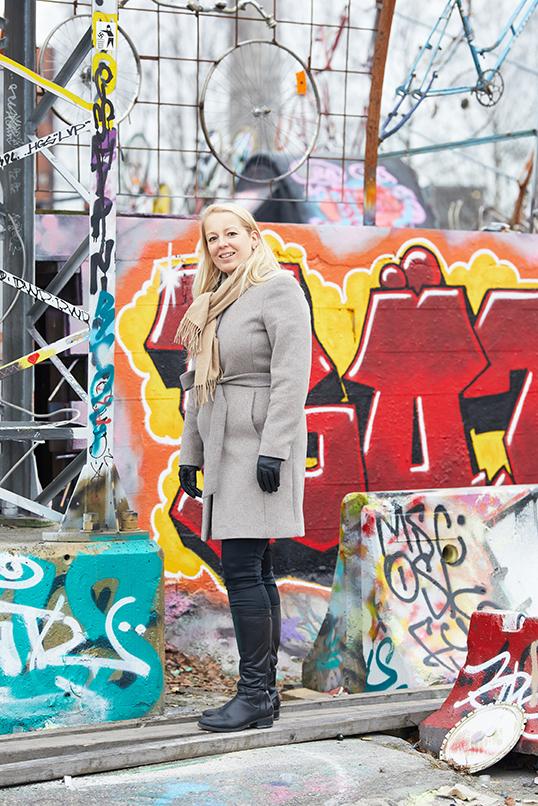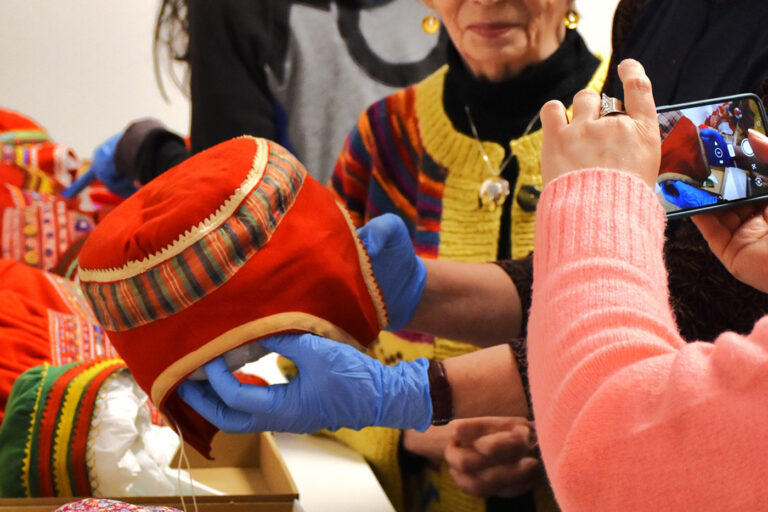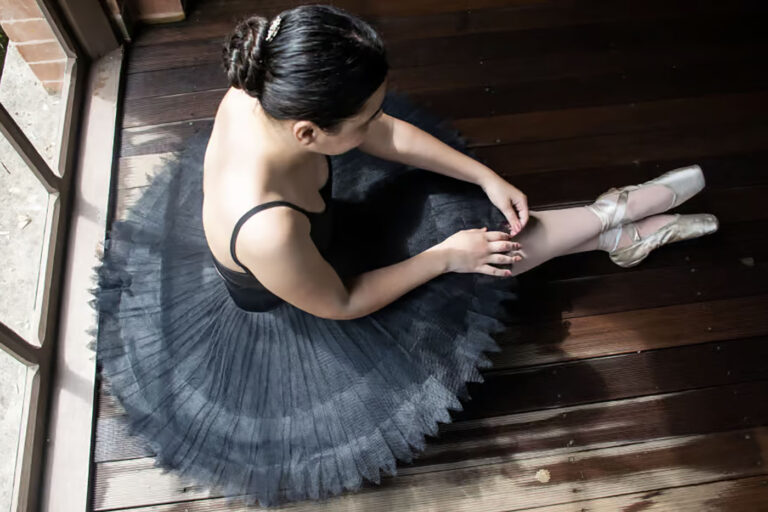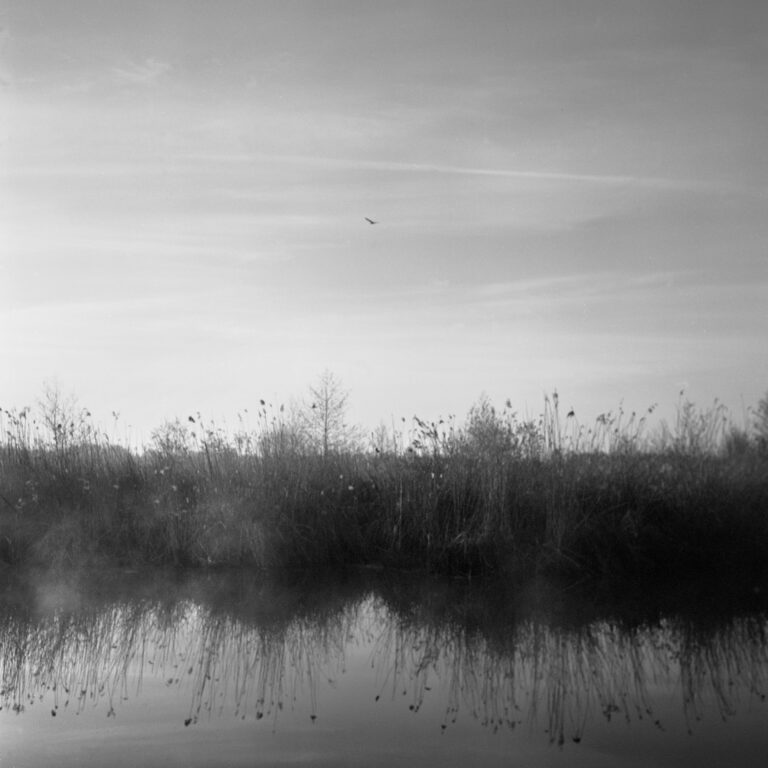International experience can kick start an academic career
The first few years are important for a young scholar’s career. Postdoctoral researchers Crystal Green and Kreeta Niemi complete part of their research at the University of California, Los Angeles, to make the most of this special period.
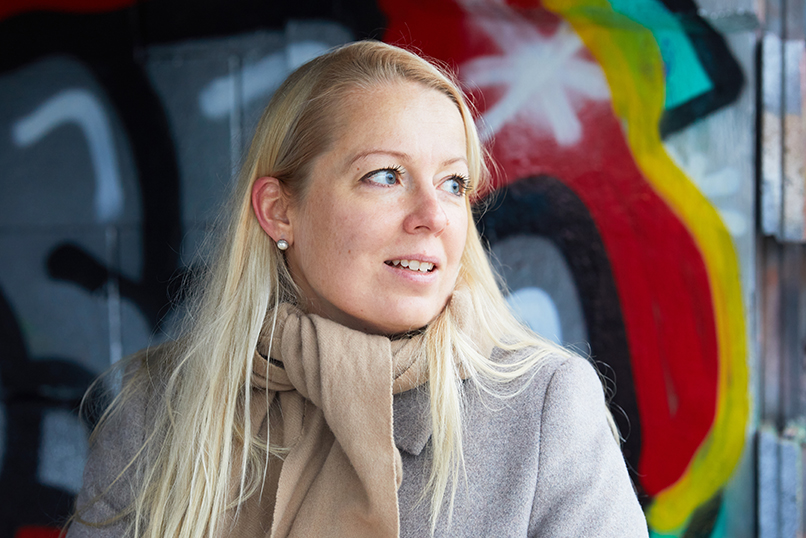
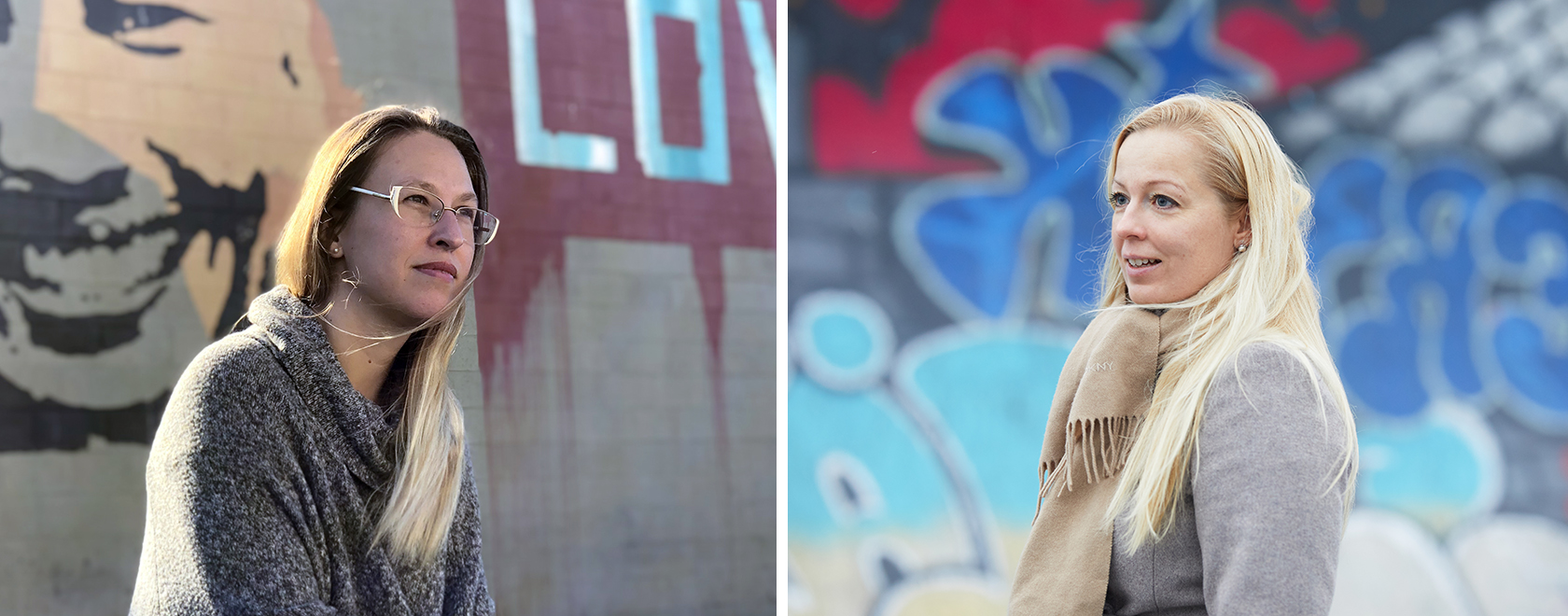
Text: Laura Iisalo
Photos: Laura Iisalo and Weldon Green
A recent graduate from the educational department at the University of Jyväskylä, Crystal Green, headed to the United States with her family soon after her graduation. She is conducting her postdoctoral studies at the University of California, Los Angeles, funded by the Foundations’ Post Doc Pool. Acquiring international experience was a significant, but not an obvious choice.
– I was relieved when I had my PhD done, but I soon realised that it was actually just the beginning; it was as if I had just been born as an academic. Without sufficient support it can be difficult moving forward into a postdoctoral career when a mobility period and international experience are expected in the CV, she says of her experience.
In her postdoctoral research Green looks into how equality and non-discrimination are facilitated in teacher education. She has collected data at two teacher training sites, one in Finland and one in the United States. She will then analyse her findings in order to understand how equality is understood, and what is the role of teacher education in prompting social justice and equality in society.
Green finds it especially important that while marginalisation in a community is often abstracted or reported in quantifiable terms, it actually stems from real-life human experiences.
“Painful experiences can be used as a power to better understand other people and the situation they are in.”
– It was amazing and very emotional to witness pre-service teachers talk about their personal experiences of discrimination. These painful experiences can be used as a power to better understand other people and the situation they are in. Educator Paulo Freire used to say that education is about becoming more fully human, and we bring ourselves and our experiences into education. I also believe that ultimately the goal should be to humanise education, she says.
When her two years in California come to an end, Green hopes to return to Finland to continue her academic career. Her current goal is to become docent eligible by gathering the required evidence to meet the qualifying criteria.
– It is really well understood in Finland what the importance of teacher education is, and what it means to society. I also find academia there very open and forward thinking. It can get very competitive in the United States and I feel like I’m currently running a sprint. In Finland the research pace leaves more time for thinking, which I think is very important, says Green.
A multidisciplinary research community provides new perspectives
Postdoctoral researcher Kreeta Niemi, who graduated from the Department of Teacher Education at the University of Jyväskylä in 2016, is also heading to the United States in October 2021. She chose UCLA because of its multidisciplinary research community – and also because so many pioneers and current top researchers in interaction studies come from California.
– Los Angeles is the mecca for conversation analysis, which is my main research method. Interaction is a very wide phenomenon, which requires a multidisciplinary approach and I’m very excited to collaborate with international scholars and colleagues from varying fields. But I’m not only going there to learn, I hope to give something to the community too, she says.
Niemi is planning to take with her the data that she has collected over three years in research funded by the Academy of Finland, in which she has looked into children’s interaction in modern learning environments. Her goal is to find out what kind of opportunities and constraints those entail.
There are currently 33 schools in Finland that are classified as modern learning environments, and in the future flexible and versatile spaces will be the norm. The trend goes hand in hand with the phenomenon-based learning approach, which aims to study problems stemming from the real world with a holistic approach.
– Studying in an open learning environment is more project-based, self-guided, and technology has a greater role. Those are all good things but require adequate support and guidance. At its best this kind of environment enables new ways to get closer to society and adapt to the evolving needs of the world, Niemi says.
She hopes that the research will give new information that teachers, educational professionals and, for instance, architects can use to develop more efficient learning environments.
– There is a lot of potential involved in supporting self-direction and community building but these spaces need to adapt to multiple uses, and enclosed spaces are also needed. In Finland the teachers are genuinely keen to develop learning environments and practices. A bit of time is just required for everything to come together, Niemi concludes.
The Post Doc Pool’s Spring Call is open from 15 Dec 2020 until 31 Jan 2021. For more information go to postdocpooli.fi/en
PhD Crystal Green received a Post doc pool’s grant in 2020 and 2021 for her research concerning Social Justice and Equity Promotion in Teacher Education.
PhD Kreeta Niemi received a Post do pool’s grant in 2021 for hes sresearch concerning Rethinking Learning and Teaching within Modern Learning Environments.
